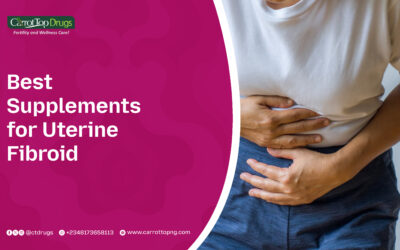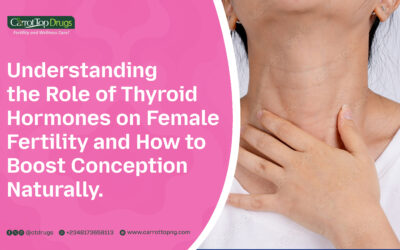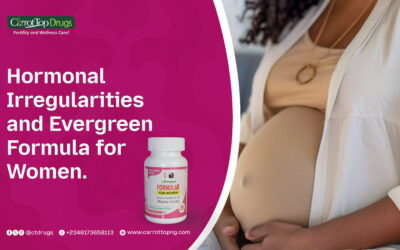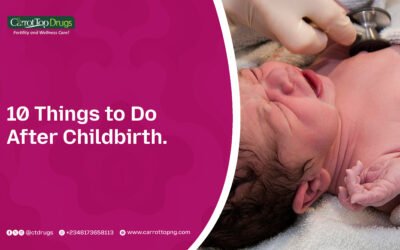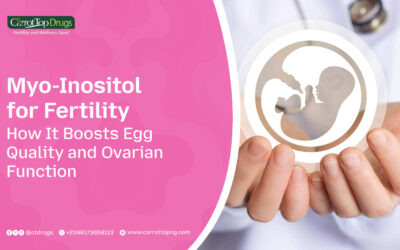Introduction
When it comes to pregnancy, most people focus on diet, exercise, and prenatal care. However, one often-overlooked aspect of maternal health is dental hygiene. Research has shown that poor oral health can significantly impact pregnancy outcomes, increasing the risk of complications such as preterm birth, low birth weight, and even miscarriage. While many expectant mothers may not see the connection between gum disease and reproductive health, studies suggest a strong link between oral infections and pregnancy loss. In this article, we explore the hidden dangers of poor dental hygiene and how it can contribute to miscarriage.
The Link Between Oral Health and Pregnancy
The mouth is a gateway to the body, and oral health is directly connected to overall well-being. Poor dental hygiene can lead to a variety of conditions that may negatively impact pregnancy, including:
- Gingivitis and Periodontitis – Bacterial infections of the gums that can trigger an inflammatory response.
- Tooth Decay – Chronic infections can spread beyond the mouth and into the bloodstream.
- Oral Bacteria and Systemic Infections – Harmful bacteria from the mouth can reach vital organs, including the uterus and placenta.
Several scientific studies have suggested that pregnant women with untreated gum disease are at a higher risk of pregnancy complications, including miscarriage. But how exactly does poor oral health contribute to pregnancy loss? Let’s examine the scientific evidence.
How Poor Dental Hygiene Can Lead to Miscarriage
1. Gum Disease and Increased Inflammation
Gum disease, or periodontitis, is a chronic bacterial infection that affects the gums and surrounding tissues. When left untreated, it can lead to severe inflammation.
- The immune system responds to gum disease by releasing inflammatory cytokines, which can enter the bloodstream and affect the uterus.
- Chronic inflammation has been linked to preterm labor, pregnancy complications, and miscarriage.
- Inflammatory markers like prostaglandins and interleukins have been found in high levels in women with periodontal disease, potentially triggering early contractions and fetal distress.
2. Bacteria from the Mouth Can Reach the Placenta
Oral bacteria don’t just stay in the mouth. They can travel through the bloodstream and invade the placenta, leading to severe complications.
- Studies have found Porphyromonas gingivalis, a bacteria associated with gum disease, in the amniotic fluid and placental tissue of pregnant women with periodontal disease.
- These bacteria can disrupt fetal development, increasing the risk of intrauterine infections, preterm birth, and pregnancy loss.
- In severe cases, bacterial infections can trigger septicemia (blood poisoning), which can be life-threatening for both mother and baby.
3. Hormonal Changes Worsen Dental Issues
During pregnancy, hormonal fluctuations can make women more susceptible to oral health problems.
- Increased progesterone and estrogen levels make gums more sensitive, increasing the likelihood of pregnancy gingivitis.
- Pregnancy gingivitis can progress to periodontitis, further increasing inflammation and bacterial spread.
- The body’s immune response is altered during pregnancy, making it harder to fight off oral infections, which can escalate into serious complications.
4. Poor Dental Hygiene Can Lead to Nutritional Deficiencies
Dental problems such as tooth decay, infections, and gum disease can make it painful to eat a balanced diet, leading to nutritional deficiencies that are crucial for pregnancy.
- Lack of vitamin C, calcium, and folic acid (important for gum and fetal health) can impair pregnancy outcomes.
- Malnutrition can hinder fetal development, increasing the risk of miscarriage and birth defects.
5. Oral Infections Can Weaken the Immune System
An unchecked oral infection can put stress on the entire immune system, leaving pregnant women more vulnerable to secondary infections.
- Weakened immunity makes it easier for harmful bacteria and viruses to invade the body.
- Conditions such as bacterial vaginosis and urinary tract infections (UTIs)—both linked to poor pregnancy outcomes—are more likely when the immune system is compromised.
- Chronic infections increase the risk of fever and systemic inflammation, both of which can cause pregnancy complications.
Signs of Poor Oral Health That Could Affect Pregnancy
Recognizing early signs of dental problems can help prevent pregnancy complications. Warning signs include:
- Red, swollen, or bleeding gums
- Persistent bad breath
- Toothaches or sensitivity
- Loose teeth
- Receding gums
- Pus or abscesses in the mouth
If you experience any of these symptoms, it’s crucial to see a dentist immediately, especially if you’re pregnant or planning to conceive.
How to Maintain Good Dental Hygiene During Pregnancy
To protect both your oral health and pregnancy, follow these essential dental care tips:
1. Brush and Floss Regularly
- Brush your teeth twice a day with fluoride toothpaste.
- Floss daily to remove plaque and prevent gum infections.
- Use an antiseptic mouthwash to kill harmful bacteria.
2. Visit the Dentist Regularly
- Schedule a dental checkup before and during pregnancy.
- Treat any existing dental issues before conception.
- If pregnant, inform your dentist so they can provide safe treatments.
3. Eat a Nutrient-Rich Diet
- Include calcium, vitamin C, and folic acid to support gum health.
- Avoid sugary foods and drinks that can promote tooth decay.
- Drink plenty of water to flush out harmful bacteria.
4. Manage Morning Sickness Properly
- Rinse your mouth with water or a fluoride mouthwash after vomiting to remove stomach acids.
- Avoid brushing immediately after vomiting as it can wear down tooth enamel.
5. Avoid Harmful Habits
- Refrain from smoking, which worsens gum disease and pregnancy complications.
- Reduce stress to minimize teeth grinding (bruxism).
Conclusion
While most people associate pregnancy complications with factors like age, genetics, and medical conditions, dental hygiene is often overlooked. Poor oral health can contribute to inflammation, infections, and systemic issues that may increase the risk of miscarriage and other pregnancy complications. By prioritizing good dental hygiene, expecting mothers can protect not just their own health but also ensure a safer pregnancy and a healthier baby.
FAQs
1. Can gum disease really cause miscarriage?
Yes, severe gum disease can lead to inflammation and bacterial infections, which may increase the risk of pregnancy complications and miscarriage.
2. Is it safe to visit the dentist while pregnant?
Yes, routine dental checkups and treatments like cleanings and fillings are safe during pregnancy.
3. How does morning sickness affect oral health?
Frequent vomiting exposes teeth to stomach acid, leading to tooth decay and gum irritation.
4. What foods promote good dental health during pregnancy?
Foods rich in calcium, vitamin D, and folic acid—such as dairy, leafy greens, and nuts—support strong teeth and gums.
5. Can pregnancy hormones worsen gum disease?
Yes, hormonal changes can make gums more sensitive, increasing the risk of gingivitis and periodontitis.
By maintaining good dental hygiene, expecting mothers can reduce the risk of pregnancy complications and protect their unborn child.



